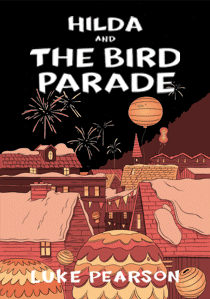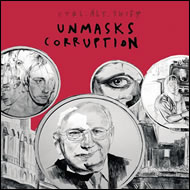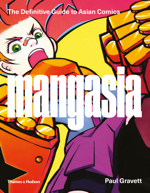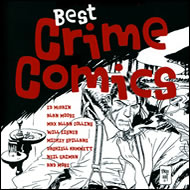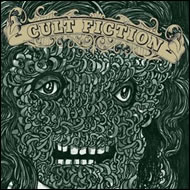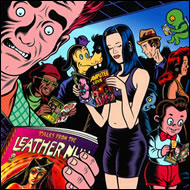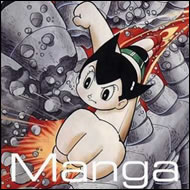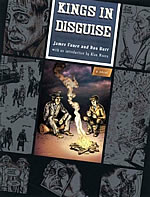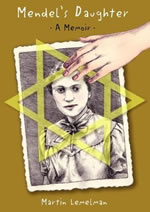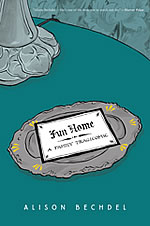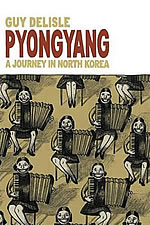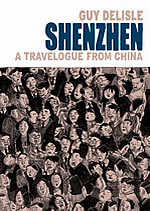History & Biography:
Comics Unexplored Territories
Like a beacon, Maus was one graphic novel that lit the way. Begun in 1981, Art Spiegelman’s interweaving of his father’s oral account of the Holocaust with his own confessional as a survivor’s son illuminated paths into underexplored territories for comics, as historical accounts and autobiographical memoirs.
One of the earliest to follow along those paths in America was award-winning young playwright James Vance. He originally wrote his Depression-era drama Kings In Disguise (W.W. Norton) in 1984 as a one-act play. Fred Bloch is a lone, abandoned teenage runaway, searching for his unemployed father, who is forced to grow up fast amid kindness and cruelty on the cross-country railroads with the self-crowned “King of Spain”, his ailing hobo ally Sammy. On rediscovering comics, Vance quickly saw the opportunities to enhance his tale by translating it from stage to page. Free from live theatre’s limits on duration and detail of decor, Vance could take time to show and tell clearly his characters’ small, nuanced moments and shifts into dream and memory and richly recreate the 1930s period through his researched settings, costumes and props. His chosen artist-collaborator Dan Burr rises to these challenges and brings a down-to-earth vividness to this sensitive yet unsentimental story.
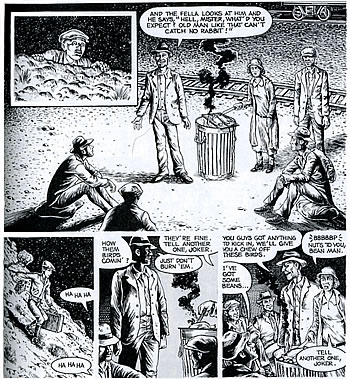
Another haunting but non-fictional rite of passage is evoked in Mendel’s Daughter (Cape). Children’s book illustrator Martin Lemelman videotaped his mother, Gusta, in 1989, when, after decades of reticence, she finally opened up to him about her growing up in a peaceful Polish shetl and then hiding in fear from the Nazis in a hayloft, a cellar and finally in graves dug in the forest, living off wild mushrooms and stolen potatoes and beets. After her death in 1996, Lemelman unearthed this video. Like Spiegelman’s audio tapes of his father, Gusta’s spoken first-hand witnessing, joined by her brother Isia’s, become the idiosyncratic voices driving another memoir of parental survival. Lemelman is more prose illustrator than comic artist, eschewing balloons in favour of hand-written, at times lengthy, quotes, mostly separated from his pencil drawings, soft and fragile, and family photos and artefacts. Less multi-layered than Maus, its documentary-style focus makes this an undeniably affecting testimony by a mother and son.
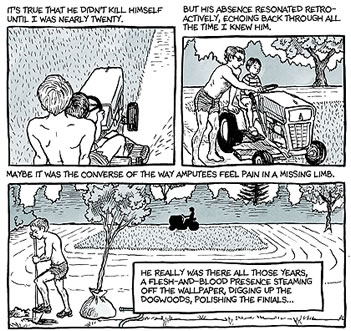
Fun Home (Cape) is a more modern, complex memoir about a father, a literature-loving teacher, funeral parlour director, obsessive restorer of the family’s Victorian home and coldly remote parent, told by his daughter, both of them gay in smalltown 1960s America. What started Alison Bechdel on her enquiry was her discovery, shortly after her father’s accidental, perhaps suicidal, death in 1980, of a holiday snapshot stolen by him of a young man reclining on a bed in only his briefs. She knows it was Roy, their babysitter, yardwork helper and one of her closeted father’s students and likely lovers.The year printed on the photo, 1969, is only half-hidden under blue magic-marker pen. Bechdel chooses the same hue with which to watercolour her father’s secrets and her own disclosed in her “family tragicomic”. Unlike her father, the adult Bechdel chose to live out and proud as America’s foremost lesbian cartoonist, but she needed twenty years’ distance from his demise, before she could confront its roots in his deceptive double-life and how his refined, repressed character helped shape her sexual and artistic identity. The result is a work of brave honesty which also counterpoints two generations’ attitudes to homosexual self-acceptance.
Revealing autobiography of another kind combines with cartoon travelogue in Pyongyang and Shenzhen (Cape), French-Canadian Guy Delisle’s two reports as supervisor on floundering animation productions in these little-understood cities. Though rarely able to evade his minders, Delisle unearths more than they intended from his keen observations of the bizarre, sometimes chilling aspects of a regime’s manipulation of its people. On a rare trip into the country, he cannot escape North Koreans’ omnipresent ‘beloved leader’ Kim Il-Sung, whose wise words scar a mountainside. Later, a co-worker calmly extols his country’s complete absence of handicapped people. Only a very occasional crack is detected by Delisle as overall the smiling mask stays sinisterly intact.
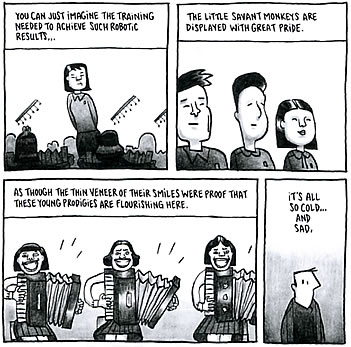
The original edited version of this article appeared in The Daily Telegraph in 2006.

